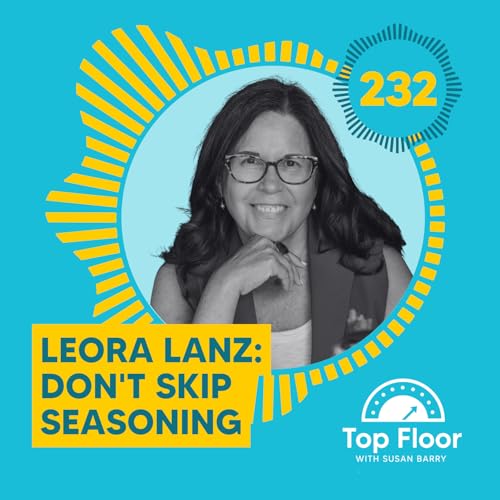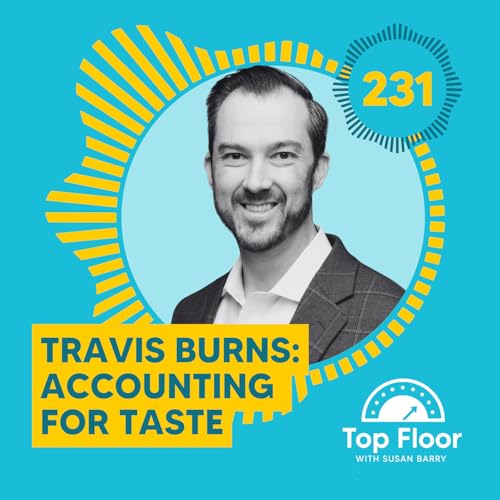Susan Barry is the founder of Hive Marketing and the host of Top Floor, bringing hotel sales, marketing, and ownership-side perspectives to the mic. In this solo episode, she reintroduces herself to new listeners from Hotel Online and HFTP and zooms out on a timely industry controversy to ask a much bigger question about power, history, and responsibility in hospitality. This episode is short and sweet, much like Susan.
How Susan went from English major to hotel exec to founder and podcaster
Why "hotels should stay out of politics" is a myth
How hotels shape tax, labor, and zoning policy
Why hotels are natural hubs for political activity
How history proves hotels become power centers in crises
How hotels can be tools of refuge or control
What the Minnesota ICE controversy really exposes
How brand power works in an asset-light hotel model
***
Our Top Three Takeaways
1. Hotels are never "apolitical," even when they claim to be.
The episode argues that hotels are inherently political because they operate at the intersection of real estate, labor, capital, and public visibility. From lobbying on taxes and visas to hosting political events and managing labor relations, hotels participate in politics constantly—whether or not they acknowledge it.
2. History shows hotels repeatedly become power centers during moments of crisis.
Across wars, genocides, and social movements, hotels have functioned as command centers, sanctuaries, negotiation hubs, and tools of control. Examples from World War II, the Rwandan genocide, and the U.S. Civil Rights Movement illustrate how hotel spaces and staff actions can enable resistance, protection, or oppression depending on who holds power.
3. Modern brand–owner dynamics turn "neutral" decisions into political acts.
In today's asset-light model, brands wield enormous influence through flags, loyalty systems, and distribution, while owners carry the financial risk. When a brand intervenes or withdraws, it is making an economic and political judgment that can instantly reshape a property, raising hard questions about authority, accountability, and local decision-making.
Susan Barry on LinkedIn
https://www.linkedin.com/in/susandbarry/
Hive Marketing
https://www.hive-marketing.com/
Cayuga Hospitality Consultants
https://cayugahospitality.com/
Female Founders in Hospitality
https://femalefoundersinhospitality.com/
Other Episodes You May Like:
99: Believers to Church
https://www.topfloorpodcast.com/episode/99
91: Pool Heat Miser
https://www.topfloorpodcast.com/episode/91
71: Public Restroom Couple
https://www.topfloorpodcast.com/episode/71
64: Roman Bird Murmuration
https://www.topfloorpodcast.com/episode/64
59: Cat Hair Pants
https://www.topfloorpodcast.com/episode/59
 Feb 24 202633 m
Feb 24 202633 m Feb 17 202643 m
Feb 17 202643 m Feb 10 202617 m
Feb 10 202617 m Feb 3 202635 m
Feb 3 202635 m Jan 27 202638 m
Jan 27 202638 m Jan 20 202626 m
Jan 20 202626 m Jan 13 202645 m
Jan 13 202645 m Jan 6 202631 m
Jan 6 202631 m
